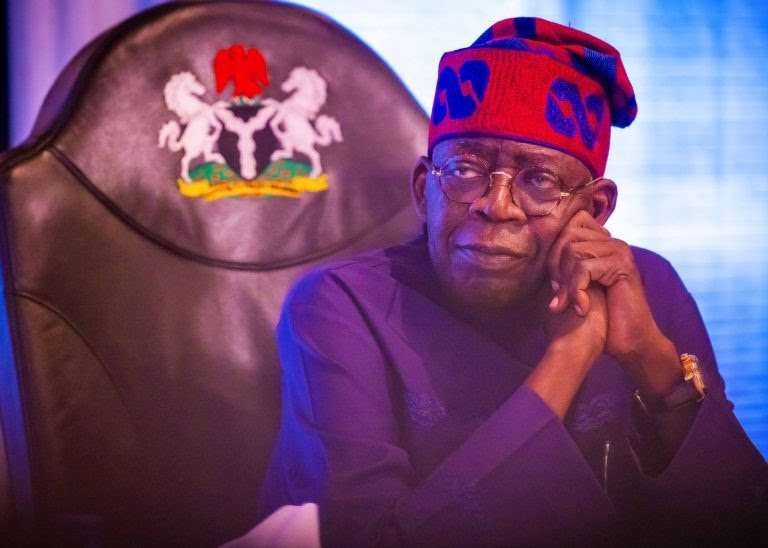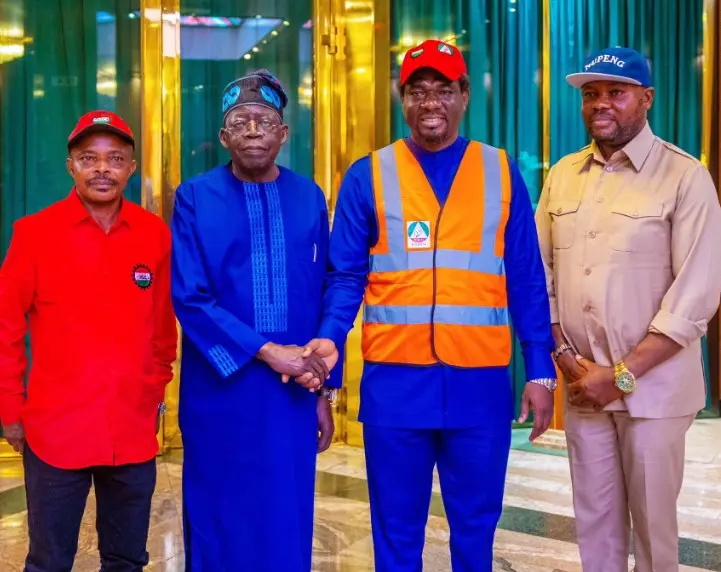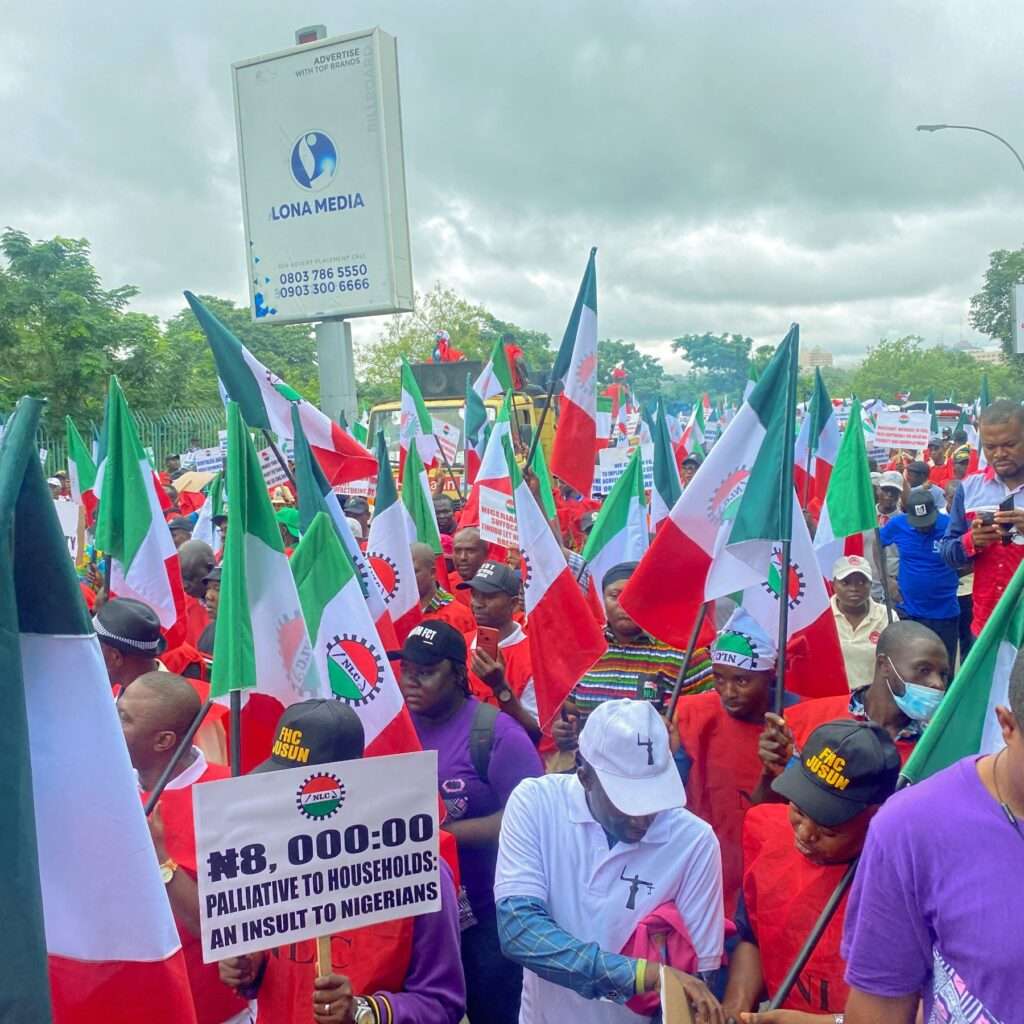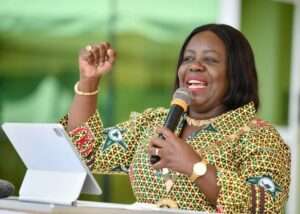
Protesters march through major cities at the start of the weeklong action, but businesses remain open in Lagos and elsewhere.
Members of the Nigerian Labour Union, holding flags and placards, march during a protest against fuel price hikes and rising costs, in Abuja, Nigeria August 2, 2023.

Nigeria’s President Bola Tinubu met union leaders on the first day of a nationwide strike called by unions to protest against a fuel subsidy removal that has led to higher pump price of petrol, the head of the main labour federation has said.
Since being sworn into office on May 29, President Tinubu has embarked on a series of economic reforms, scrapping the popular but expensive subsidy, which cost $10bn last year, and relaxing the foreign exchange regime.
While the reforms have been welcomed by investors, unions say they have led to soaring costs at a time when Nigerians are already grappling with the highest inflation in nearly two decades.

The meeting took place on Wednesday as hundreds of placard-carrying protesters led by union leaders marched in the capital, Abuja, and in the oil-producing state of Bayelsa, where union officials handed a petition to the state government detailing some of their grievances.
Protesters also marched in the northern cities of Kano and Kaduna.
Elsewhere in the country, most businesses remained open.

Nigerian labour unions begin strike against fuel price hike, cost of living
The Nigerian Labour Congress (NLC) said ending the fuel subsidy was “hasty with no thought-out plan to cushion the effects on workers and Nigerians”.
“Every family feels the fang of the harsh policies of government which has resulted in the astronomical increase in transportation, food, goods and services, tuition fees, rising costs of accessing quality healthcare, just to name but a few,” the NLC said in a statement.
In Lagos, businesses were open, including the branches of supermarket chains Pick n Pay and Shoprite. At a market in the Obalende neighbourhood, vegetable sellers went about their business, haggling with customers over prices.
Ahead of the demonstrations, authorities announced various measures to ease the impact of the fuel subsidies cut, including a 500 billion naira ($652 million) package.
It included funding for mass transit buses and cheap loans to farmers and small businesses to boost employment.
But unions were unimpressed, with members of parliament stepping in to offer mediation.
“We are going to work to find an outcome that would be amicable to the problem we are facing,” said Ali Ndume, Senate Chief Whip.

The NLC and the Trade Union Congress, Nigeria’s two main labour federations, represent millions of workers across most sectors of Africa’s biggest economy, including parts of the oil industry. But millions are employed in largely informal sectors of the economy that have no union representation.
The unions have said the strike will last one week.
SOURCE: AL JAZEERA
Richard Koomson| mediacentralonline.info |Ghana
kindly send us your stories on our WhatsApp line 0500004727






